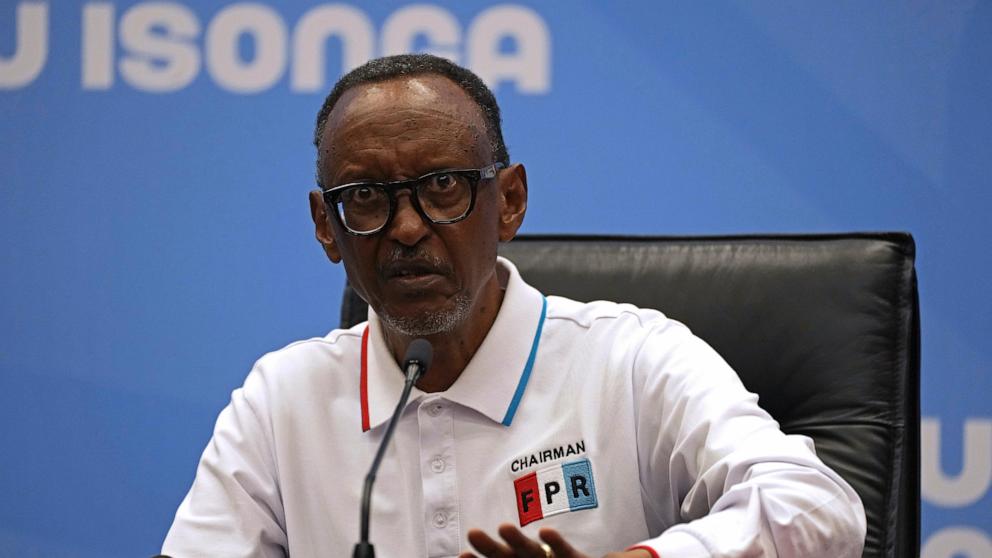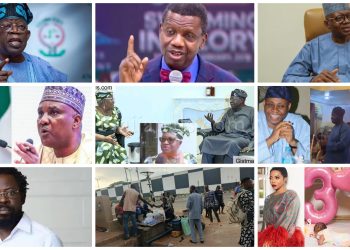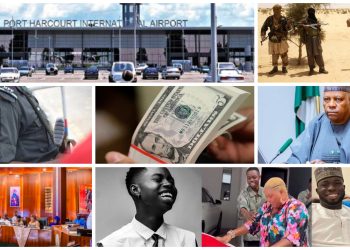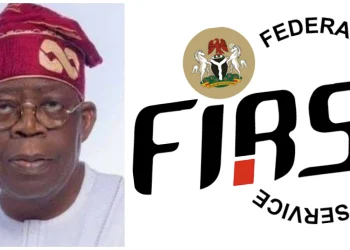Following a renewed theatre of conflict in eastern Democratic Republic of the Congo (DR Congo), the Rwandan president, Paul Kagame, has asked the Congolese government and the M23 rebels to go to a diplomatic resolution.
This is an appeal when the period is itself marked by the aura of tension that has followed the recent M23 incursion of preponderantly urban areas across the region.
If this is not driven by the DRC government into taking charge of their own people and their own country and that nobody is blaming anybody else for their problems, how are you going to lead this country to find solutions to these problems that affect us all? Kagame further stated, with emphasis on the role of internal accountability in reaction to the crisis.
Very significant changes in complexity have occurred since such armed groups(more than 100) such as M23 are for the majority of the time in a state of continuous expansion of the area of their control in the eastern Congo in the mineral-rich eastern part of the country.
Their latest achievements are stopping Katale and Masisi, the latter of which is located close to Goma, the major city of the North Kivu province. The human cost has been immense, resulting in over 1 million homeless having been displaced after frontline fighting for the past year.
Kagame also contextualized the present situation, stating, “The leadership of M23 and the majority of M23 fighters originated in Uganda, where they had been as refugees back in 2012/2013 when those groups [rebels] crossed the border [to] Uganda, and subsequently others crossed into [Rwanda] and others—[to] Rwanda. This assertion, back, also describes the intricate, regional processes at play, at war.
The rwandan president objected to the way in which the narrative of killing has been becoming, and added, besides, “It was the war that led to the most popular component and its exportation from uganda. So how did it become Rwanda’s problem? Honestly! What is the basis and how long have we been trying to understand it? Up to what point?”
Although Kagame highlighted the importance of dialogue, relations between Rwanda and the DRC continue to deteriorate. Congolese authorities continue to claim that Rwanda is supporting M23 to which the Rwandan authorities have categorically denied. This political impasse has set back, base to base, the peace process in the country, although, to varying degrees, the DRC Government has been reluctant to accommodate with M23.
The circumstances have been putting the global spotlight on its back, but not necessarily in the sense of how the mineral-producing region can directly impact the stability and global supply chains of the countries.
The present contest really emphasizes the challenge of achieving lasting peace in a region where historical resentment is finding a voice, natural capital is finite, and political forces are complex.






